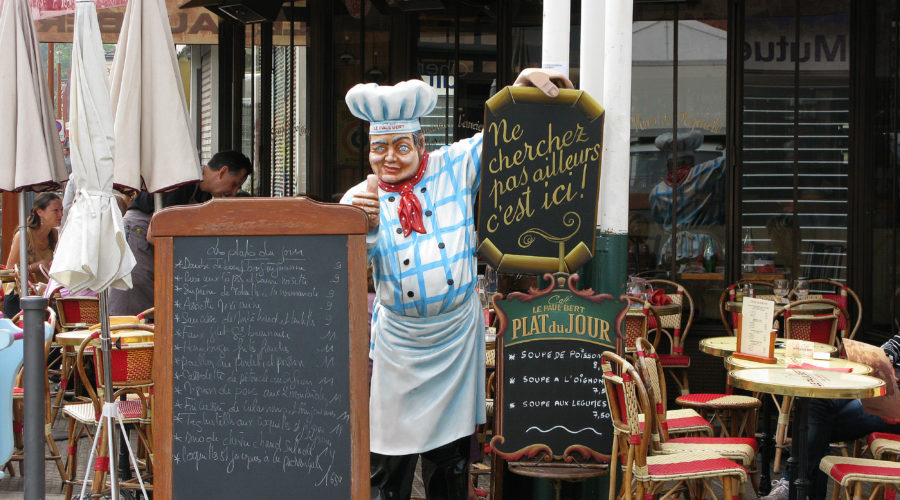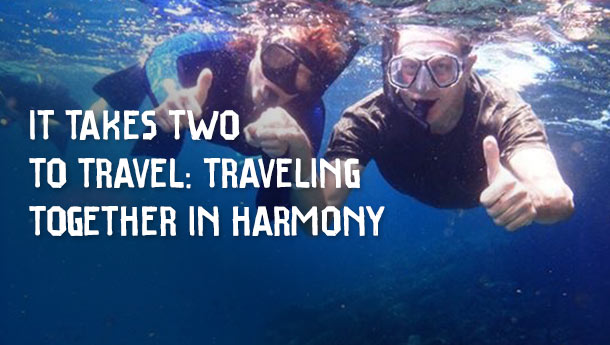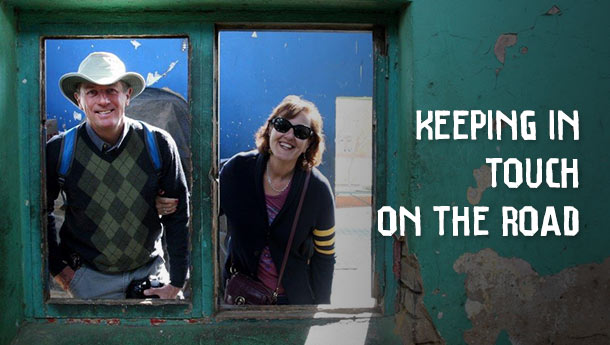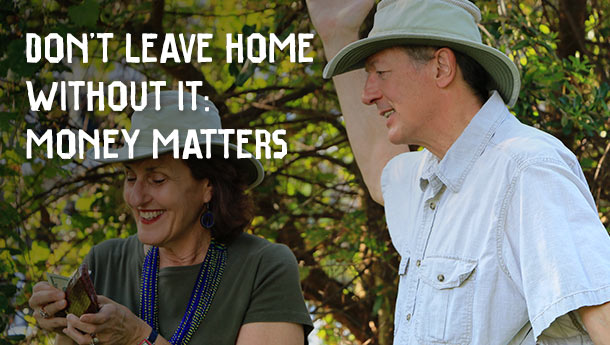How To Eat Healthy On The Road
Travel Broadens The Mind. And also the butt.
For wanderers like Elaine and me, there’s nothing more exciting than getting out on the road, but we have to remember how to eat healthy while we’re there. The change of routine is great – except that it can play havoc with your diet. We all know the danger of eating restaurant meals 7 days a week – the excessive salt, sugar and starch are guaranteed to pack on the pounds. The disciplines you’ve learned at home can very easily go out of the window, and you’ll find yourself bringing home more of you than you bargained for if you’re not careful.
On a recent month in Italy, Elaine and I let our guard down slightly, and I came back with 12 unwanted pounds to shake off. That was an unusual lapse, and I’m paying the price.
How to Eat Healthy While Surrounded by Temptation.
What’s a traveler to do?
Be prepared and aware – and don’t go hungry!
The science how to eat healthy, whether on the road or not – is interesting. Derek follows the Fast Metabolism Diet (you can get the book here), which makes it very clear that you should eat frequently to keep your metabolism tuned up and avoid the binge eating that can easily happen after a long day on the road. He swears by it – even if Elaine sometimes swears at it, not because it’s not a great diet, but because he’ll corner anyone who’ll listen and tell them how he has halved his cholesterol, maintained his ideal weight for 3 years without ever being hungry etc. The author, Haylie Pomroy, is an amusing and very clear instructor on how to do this, and you can hear more about her here. But Elaine has heard it all before.
Instead, Elaine tries to follow a Weight Watcher’s discipline on the road – watching points works for her. If you’re not familiar with all that, here’s information about Weight Watchers.
Meanwhile, what are the practical ways to address eating well and often when you’re surrounded by junk food?
First, take snacks.
These and other diet experts recommend frequent small meals, so take along some lightweight snacks to fill in the gaps, so that you don’t find yourself ravenously attacking the pasta at dinnertime.
These are some of the lightweight things we take along in our backpacks:
– Almonds
– Sunflower seeds
– Dried fruit
– Natural jerky
– Oatmeal
Elaine found some low calorie powdered peanut butter that is light and doesn’t trigger travel alarms. It’s useful when you’re looking for some nutritious way to tide yourself over to the next meal – or partially replace it.
Second, share or skip meals.
This helps both your budget and your waistline. Sharing or ordering half portions is possible in most countries. So even if the choice are starchy and not what you’d eat at home, at least you’re controlling the portions. What we often do when we don’t know what lunch will bring is make a couple of peanut butter and jelly sandwiches at the breakfast table to carry along and tide us over for the day. (Yes, we’re cheap one day and gourmet the next). Or we’ll stop in at a local supermarket and buy a simple lunch for a picnic, so we can control how much and what we eat. Just shopping in a strange place adds fun as you’ll encounter plenty of strangers who will try to explain their foods to you in whatever language you may or may not understand.
Third, drink plenty of (bottled) water
Drinking lots of water helps keep your appetite under control. Many people don’t realize that the dehydration of jet lag plus lack of sleep makes the body crave more food, and water helps fix that. The secret is to eat light, and at the right times of day in your destination when your body expects to be fed. In between, suppress your appetite with major hydration, drinking up to half your body weight in fluid ounces a day. For example, if you weigh 200 lbs, go for 100 fluid ounces. No-one else in the world talks about fluid ounces, so what you need is 6 x 500 ml bottles of water a day. Sounds like a lot? It’s the cheapest, best thing you can do for your body on the road.
Fourth, remember the fiber.
Your digestion can get really slowed down by jet lag, by all the bread you eat on the road, or whatever. I (Derek) take small bags of oatmeal, which is hard to find in many countries, to ensure my fiver intake is high. I’ll also take bags of psyllium husk power because keeping your digestion on schedule is one of the quickest ways to defeat jet lag, and fiber works.
Fifth, enjoy the food!
We all know that our diet discipline is in danger when we’re on the road, but there’s no way we want to miss out on the culture by avoiding the different foods. Just do what renowned foodie hosts do – be picky and taste, without gorging. Then you’ll have a better chance of coming back in much the state you left.













